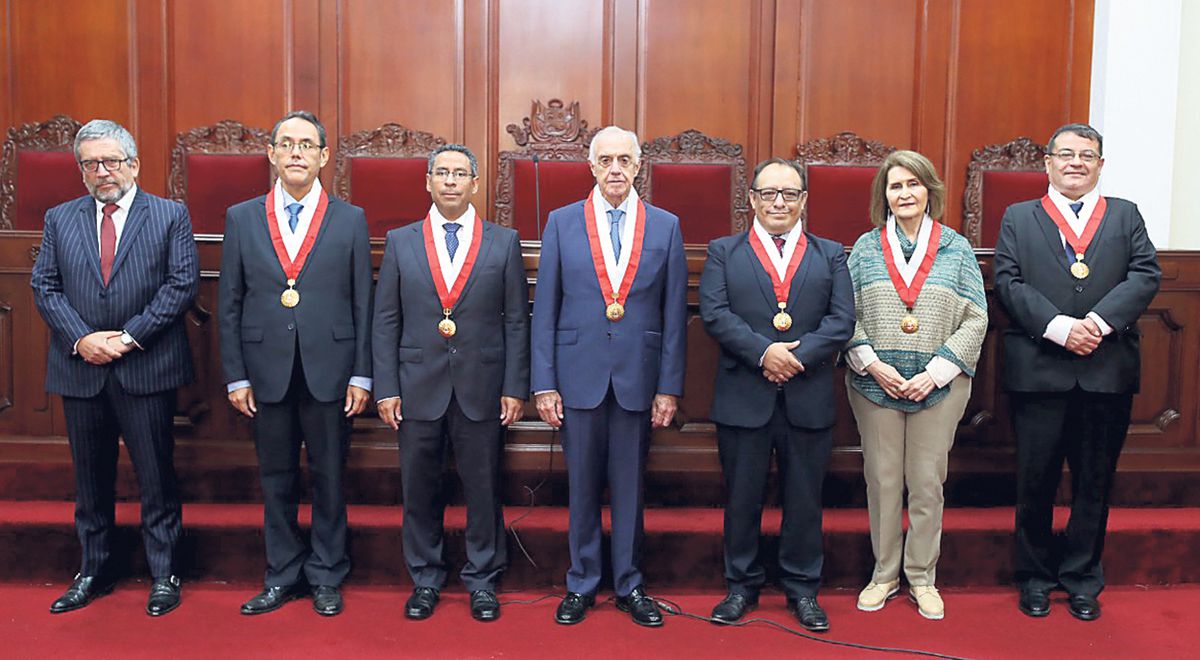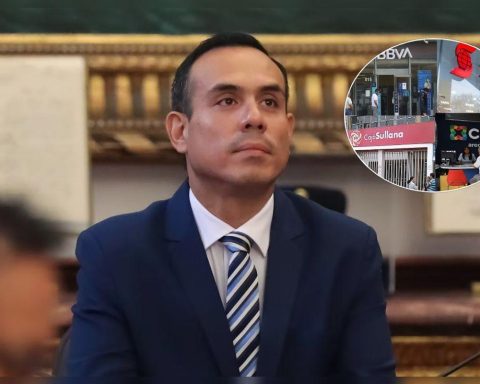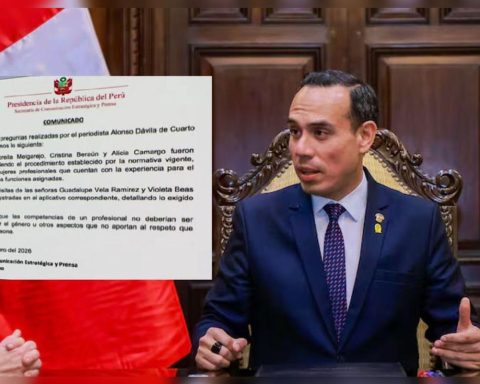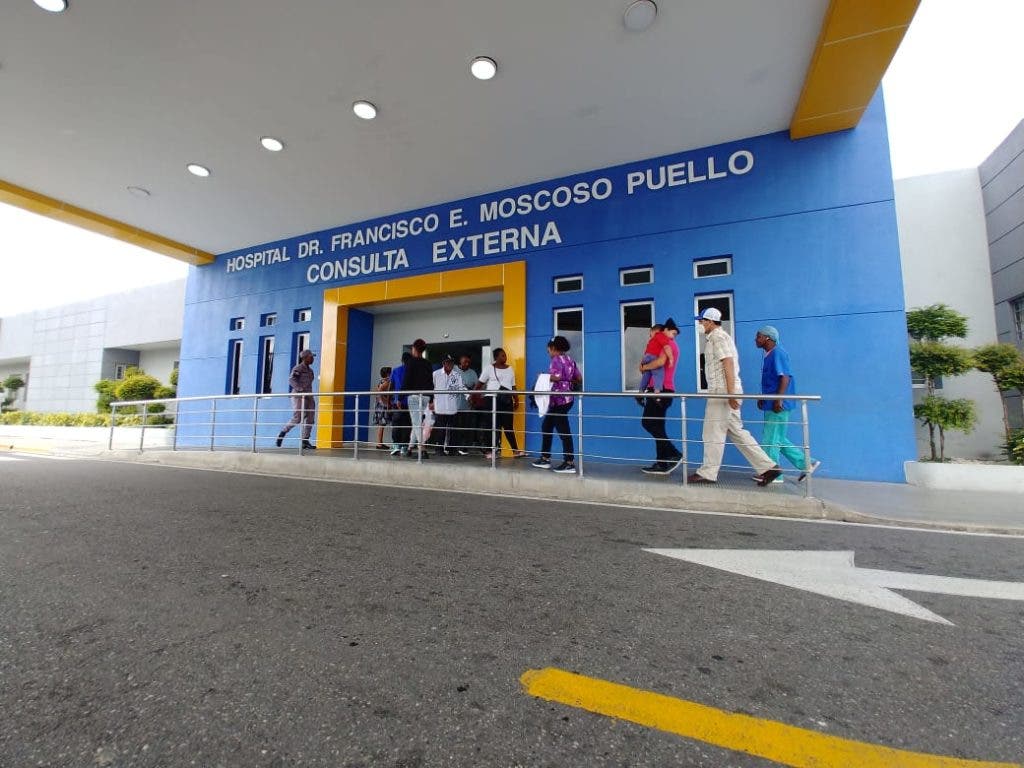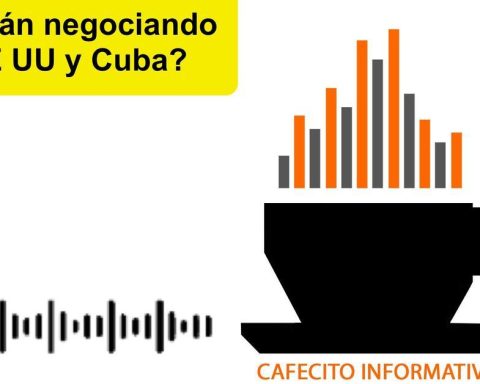The sentence of constitutional Court (TC) that opens the door for congressmen to pass laws that generate spending for the State increases concerns. Various specialists warn that this ruling generates serious dangers for the finances of public management and, consequently, for the population.
The ruling rejects the claim of unconstitutionality filed by the Executive power to the TC, on July 26 of last year, against Law 31125, a rule that declared the National Health System an emergency.
The Executive, in the last days of the previous government, stated that this law, approved at the insistence of Congress in February 2021, contravenes the Constitution because it generates spending. Our magna carta says in its article 79: “The representatives before Congress have no initiative to create or increase public spending, except in what refers to their budget.”
The ruling of the TC, issued on September 27, declares the claim of unconstitutionality unfounded and interprets article 79 of the Constitution. He considers that this only prohibits the laws from generating spending for the State in the current budget and does allow it in subsequent ones.
“The purpose of article 79 (…) is that legislative initiatives do not generate new disbursements or expenditures not foreseen in the budget of the corresponding fiscal year and that they cannot increase public expenditures already included in said budget,” he argues.
“It does not prevent a legislative initiative (…) from constituting a legal source so that, later, and within the scope of the powers of the Executive Power, it determines or considers the inclusion of the necessary items in the annual Budget Law for meet the expenses that may eventually be required”, adds the ruling.
Four TC magistrates who supported the ruling were elected by the current Congress.
reactions
The Minister of Economy, Kurt Burneoexpressed in a conference that this decision of the TC “complicates the management of resources by the Ministry of Economy and Finance (MEF) and is quite worrying.”
Other experts agree.
“The TC has repealed, de facto, article 79 of the Constitution (…). It is the hardest blow to the MEF since the first government of García,” said economist Waldo Mendoza, professor at the Catholic University (PUCP) and former head of the MEF.
“This destabilizes what we have built for so long: fiscal principles of not spending what we don’t have. It will imply that any law no longer has this limit for its fiscal sustainability. Now they can propose tripling salaries, pensions, etc., and the Executive would not be able to observe that,” says economist Noelia Bernal, a professor at the Universidad del Pacífico.
“This can lead to an unsustainability of public finances. It’s very serious,” she adds.
“Not only does it open the door for the Congress can pass laws that generate spending to the public treasury, but without a technical study it can generate excessive spending to the national treasury. Congress does not have this power because the executive capacity does not reside in it, but in the Executive Branch,” explains constitutional lawyer Erick Urbina, a professor at the University of Lima.
“It is a negative sentence that will generate problems. Finally, it will help further discredit and demagogic populism of Parliament”, he adds.
This case also contributes to the controversy of the new formation of the TC and its orientation.
reactions
Waldo Mendoza, PUCP economist
“The TC has de facto repealed article 79 of the Constitution. It is the hardest blow for him FEM since the first government of García”.
Erick Urbina, constitutionalist UL
“This recent sentence of the TC can generate an excessive expense to the national treasury. The Congress he does not have that attribution because the executive capacity does not reside in him, but in the Executive Power”.
Noelia Bernal, economist U. del Pacífico
“This destabilizes what we’ve built for so long: fiscal principles that we shouldn’t spend what we don’t have. This can lead to unsustainable public finances. It’s very serious.”
